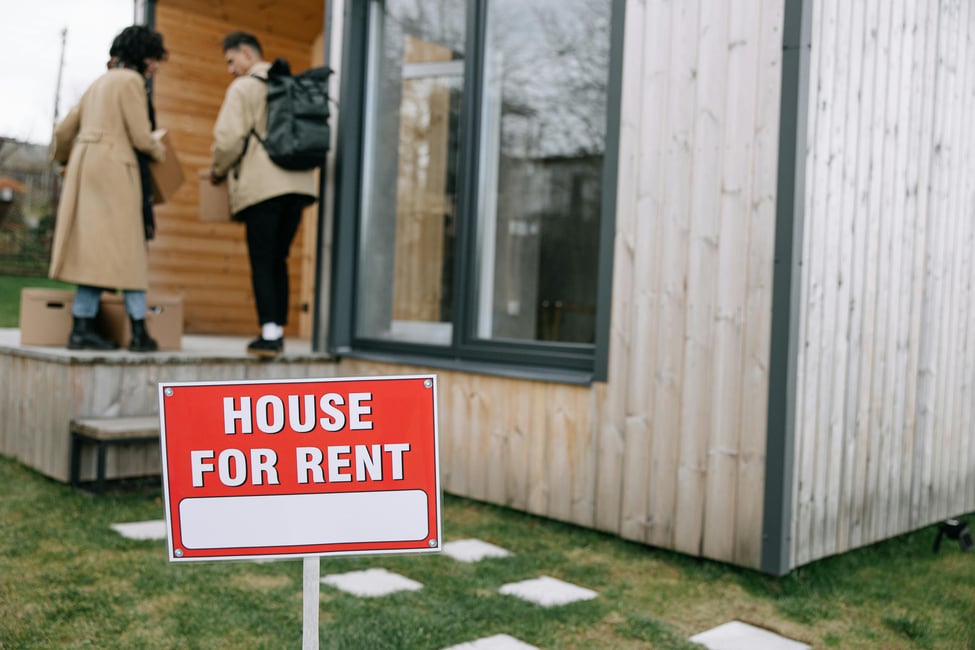The return on investment (ROI) from rental properties depends on several key factors, including:
1. Location
- Property values and rental demand
- Proximity to employment centers, schools, public transport
- Crime rates and neighborhood desirability
- Local economic growth and job market
2. Purchase Price & Financing
- Initial purchase price relative to market value
- Mortgage interest rates and loan terms
- Down payment and closing costs
- Availability of financing options
3. Rental Income & Vacancy Rates
- Market rent in the area and potential rental increases
- Tenant demand and occupancy rates
- Lease terms (short-term vs. long-term rentals)
- Seasonal fluctuations in demand
4. Operating Expenses
- Property taxes and insurance costs
- Maintenance and repair expenses
- Property management fees (if using a manager)
- Utilities, HOA fees, and other recurring costs
5. Appreciation & Market Conditions
- Historical and projected property value growth
- Local and national real estate trends
- Inflation and its effect on property value
6. Legal & Regulatory Factors
- Landlord-tenant laws and rent control regulations
- Zoning laws and property use restrictions
- Tax implications (income tax, capital gains tax, depreciation)
7. Unexpected Costs & Risks
- Emergency repairs and major renovations
- Economic downturns affecting tenant affordability
- Tenant turnover and eviction-related costs
Would you like a breakdown of how to calculate ROI for a specific rental property?
Connect with a real estate agent ELIAS JIRYIS at 5194978731

